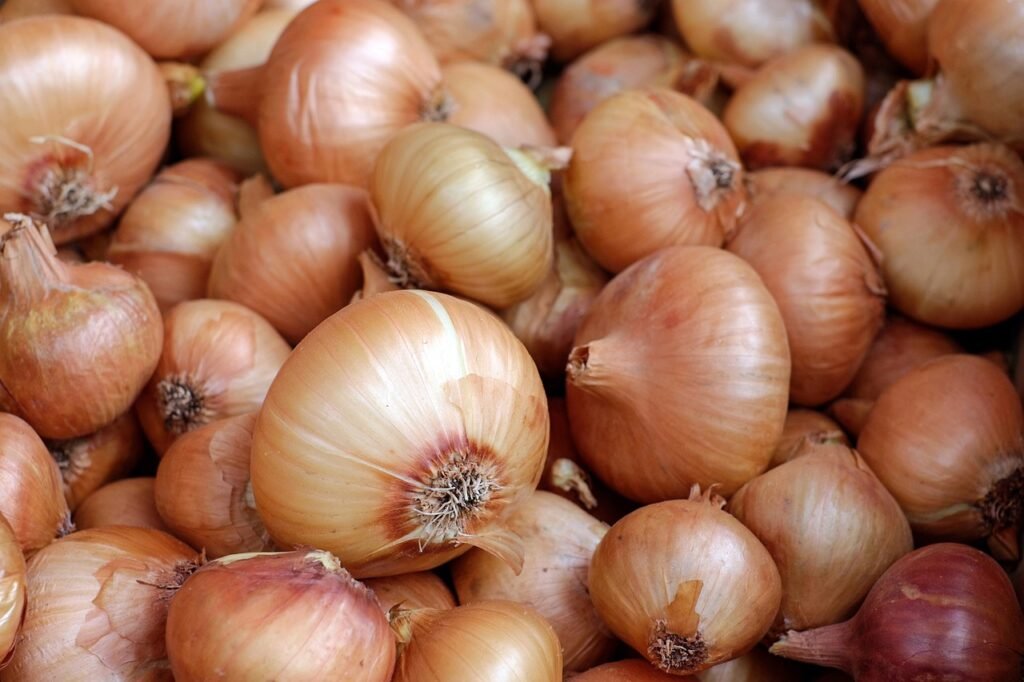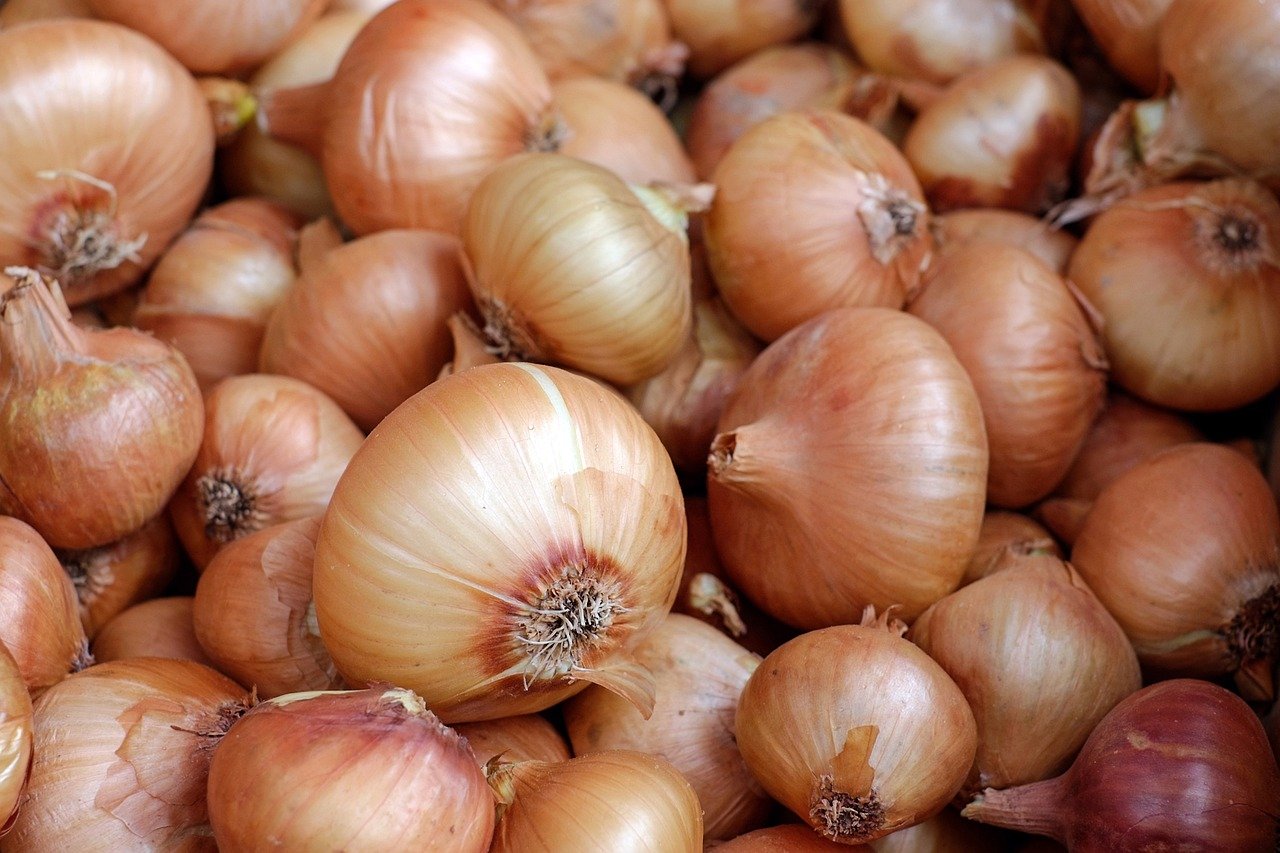Welcome to an exciting exploration on how vegetables play a crucial role in regulating gut hormone secretion. Research shows that the consumption of certain vegetables can help stimulate the release of beneficial gut hormones that contribute to better digestion, metabolism, and overall health. By incorporating a variety of colorful and nutrient-rich vegetables into your diet, you can support a healthy balance of hormones in your gut and experience the numerous health benefits that come with it. So, grab a fork and dig into some delicious veggies to nourish your gut and promote optimal hormone function! How Do Vegetables Affect Gut Hormone Secretion?
Have you ever wondered how the foods you eat impact your gut health? In particular, how do vegetables affect the secretion of hormones in your gut? Let’s dive into the fascinating world of gut health and explore the relationship between vegetables and gut hormone secretion.
Understanding Gut Hormones and their Role in Digestion
Before we delve into how vegetables affect gut hormone secretion, it’s important to understand the role that gut hormones play in digestion. Gut hormones are chemical messengers produced by the cells in the lining of the gut. These hormones play a crucial role in regulating various digestive processes, including appetite, nutrient absorption, and gut motility.
Gut Hormones and Appetite Regulation
One of the key functions of gut hormones is to regulate appetite. Some hormones, such as ghrelin, stimulate hunger, while others, such as leptin and cholecystokinin (CCK), signal feelings of fullness. By influencing your appetite, gut hormones play a significant role in determining how much food you eat and when you feel satisfied.

This image is property of pixabay.com.
The Impact of Vegetables on Gut Hormone Secretion
Now that we have a basic understanding of gut hormones, let’s explore how vegetables specifically affect the secretion of these hormones.
Fiber Content in Vegetables
Vegetables are known for their high fiber content, which plays a crucial role in supporting gut health. Fiber is a type of carbohydrate that the body cannot digest, but it serves as food for the beneficial bacteria in the gut. When these bacteria ferment fiber, they produce short-chain fatty acids (SCFAs), which have been shown to stimulate the release of gut hormones.
SCFAs and Gut Hormone Secretion
Short-chain fatty acids, such as acetate, propionate, and butyrate, are produced by the fermentation of fiber in the gut. These SCFAs can directly impact gut hormone secretion by interacting with specific receptors on the cells in the gut lining. For example, butyrate has been shown to increase the production of CCK, which can lead to increased feelings of fullness and reduced food intake.
Phytonutrients in Vegetables
In addition to fiber, vegetables are rich in phytonutrients, which are bioactive compounds that have various health benefits. Some phytonutrients found in vegetables, such as sulforaphane in broccoli and quercetin in onions, have been shown to modulate gut hormone secretion. These compounds can interact with the cells in the gut lining and influence the production and release of gut hormones.

This image is property of pixabay.com.
The Role of Gut Microbiota in Gut Hormone Secretion
Another important factor to consider when examining how vegetables affect gut hormone secretion is the role of gut microbiota. Gut microbiota are the trillions of microorganisms that live in the gut and play a critical role in digestion, nutrient absorption, and immune function.
Gut Microbiota and Fiber Fermentation
When you consume fiber-rich foods like vegetables, the gut microbiota ferment the fiber and produce SCFAs. As mentioned earlier, these SCFAs can influence gut hormone secretion. Additionally, the composition of the gut microbiota can impact the metabolism of phytonutrients in vegetables, further influencing gut hormone production.
Dysbiosis and Gut Hormone Imbalance
Imbalances in the gut microbiota, known as dysbiosis, have been linked to disruptions in gut hormone secretion. Dysbiosis can lead to alterations in the production of SCFAs and other metabolites, which can negatively impact gut hormone levels. By including a variety of vegetables in your diet, you can support a diverse and healthy gut microbiota, promoting optimal gut hormone balance.

This image is property of pixabay.com.
Incorporating Vegetables into Your Diet for Gut Health
Now that we’ve explored how vegetables can impact gut hormone secretion, let’s discuss some practical tips for incorporating more vegetables into your diet to support gut health.
Include a Variety of Vegetables
To maximize the benefits of vegetables on gut hormone secretion, aim to include a variety of colors and types of vegetables in your diet. Different vegetables contain unique combinations of fiber, phytonutrients, and vitamins and minerals that can support overall gut health.
Focus on Whole, Unprocessed Vegetables
While vegetable-based products like vegetable juices and smoothies can be convenient, it’s best to focus on whole, unprocessed vegetables to reap the full benefits. Whole vegetables retain their fiber content and phytonutrients, which are important for promoting a healthy gut microbiota and optimal gut hormone secretion.
Try Fermented Vegetables
Fermented vegetables, such as sauerkraut, kimchi, and pickles, are rich in probiotics, which are beneficial bacteria that can support gut health. Probiotics have been shown to have a positive impact on gut hormone secretion, making fermented vegetables a great addition to your diet for gut health.

Conclusion
In conclusion, vegetables play a significant role in influencing gut hormone secretion through their fiber content, phytonutrients, and impact on the gut microbiota. By including a variety of vegetables in your diet and focusing on whole, unprocessed options, you can support a healthy gut and promote optimal gut hormone balance. So next time you sit down to a meal, remember the important role that vegetables play in keeping your gut happy and healthy.


